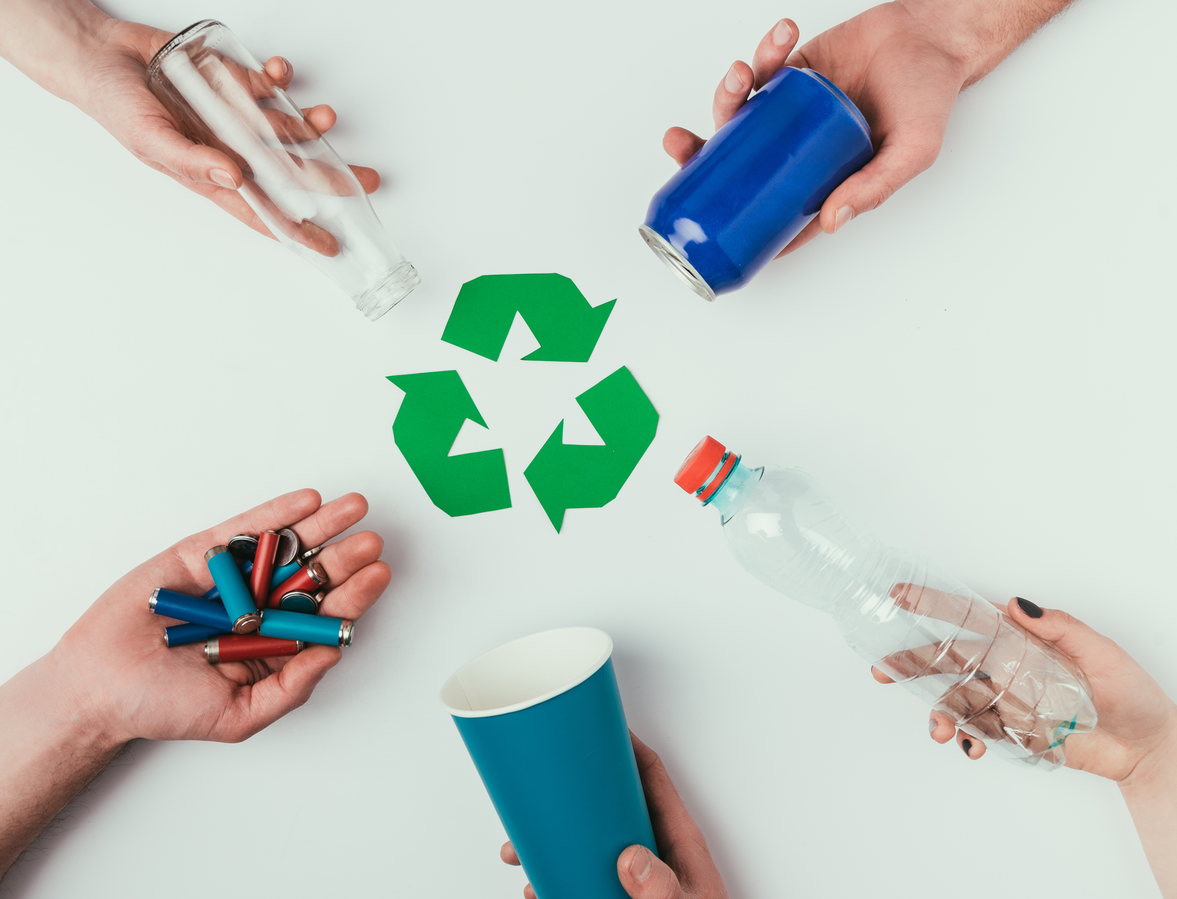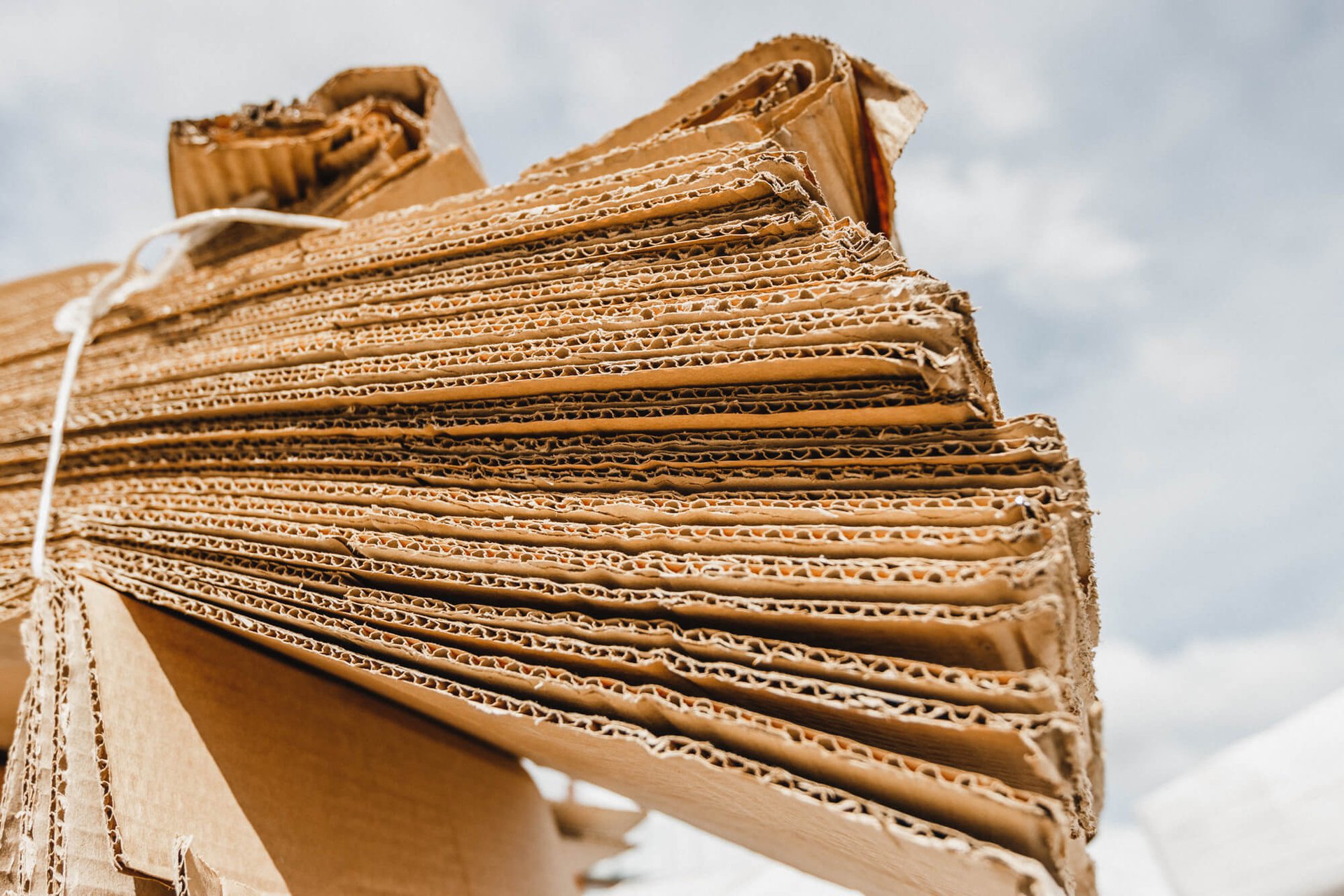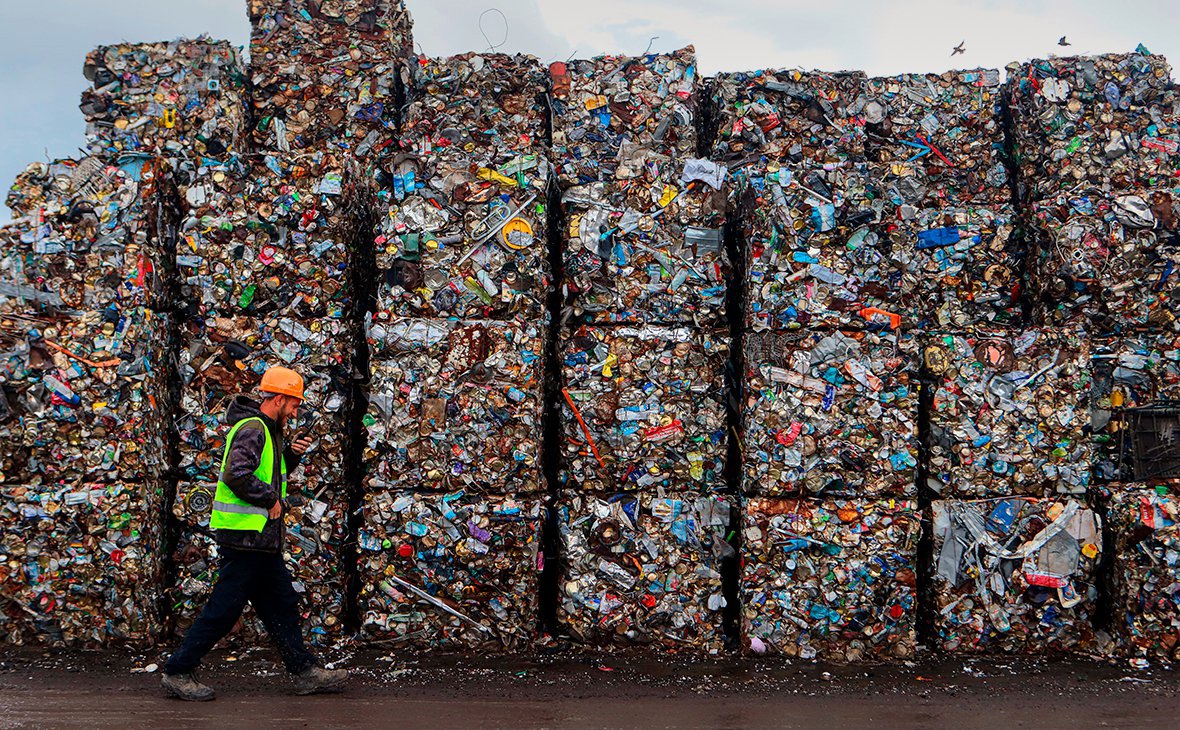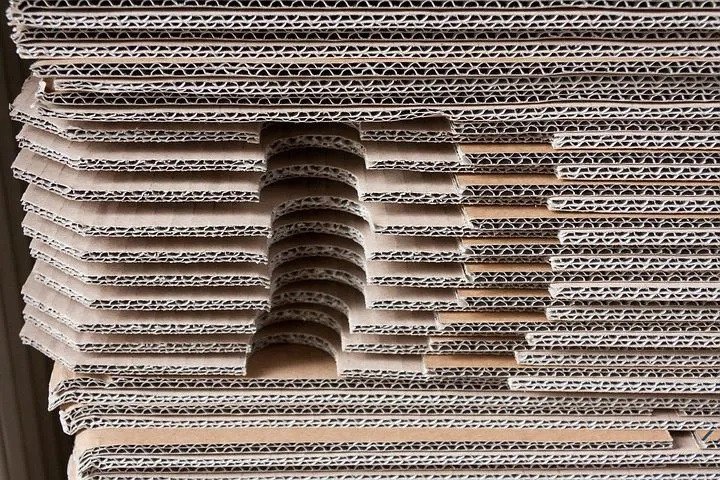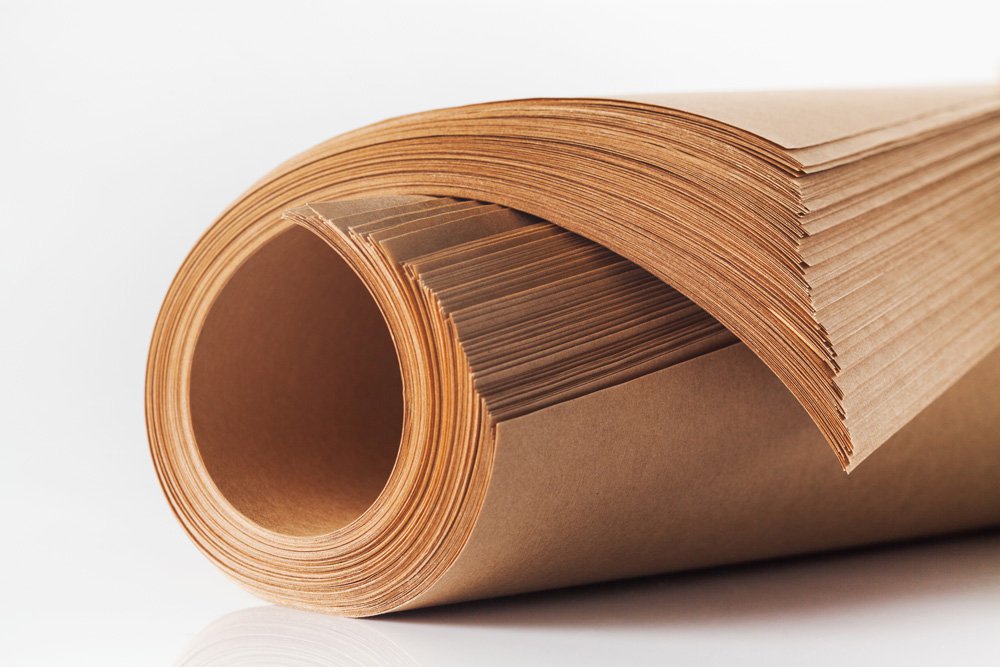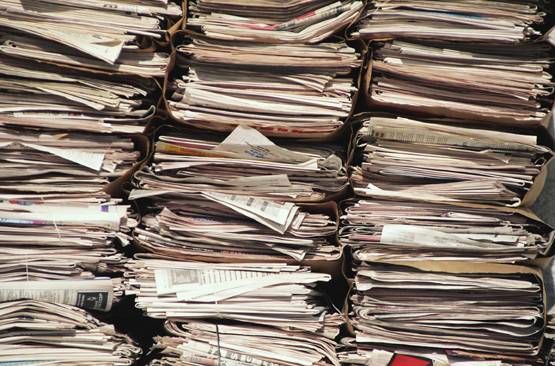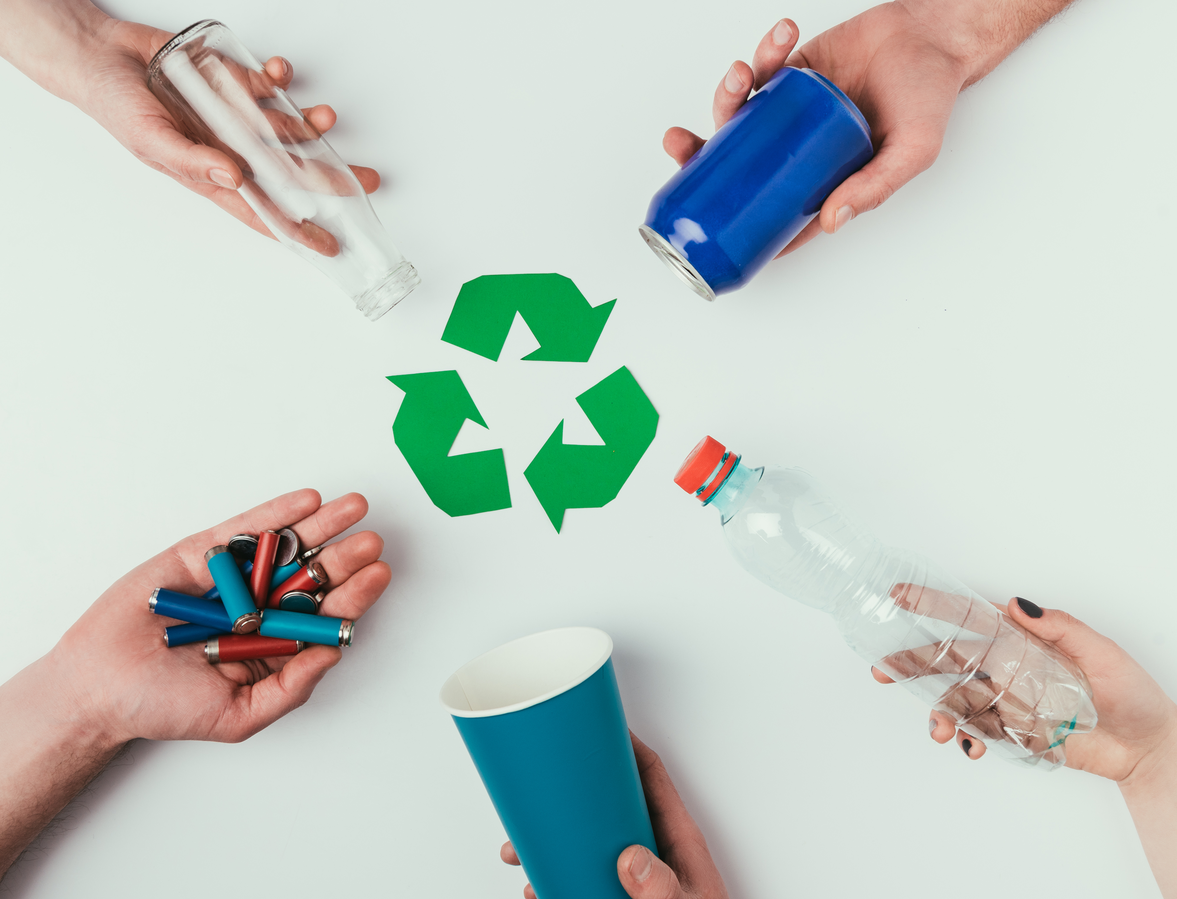666
15 December 2021
An open letter to the Chairman of the Government of the Russian Federation, M.V. Mishustin, from the Wastepaper Processors League Association
On behalf of the Wastepaper Processors League Association, which unites 75% of the participants in the waste paper collection and recycling industry in Russia with annual tax deductions of over 25 billion rubles and more than 35,000 employees, we are asking you to support the bill aimed at improving the EPR as an economic tool in accordance with the Concept for Improving the Extended Producer Responsibility, approved by the Government of the Russian Federation in December 2020.
In 2021, over 100 of the world's largest companies, including Coca-Cola Company, PepsiCo, Danone, Mars, Nestlé, Ferrero, Henkel, L'Oréal, Reckitt, Schwarz Group, Tetra Pak, Unilever, Beiersdorf signed a statement published by the Ellen Foundation MacArthur, which supports the implementation of an extended producer responsibility system for packaging to create a circular economy and the provision of funding dedicated to the collection and recycling of packaging waste. By signing the statement, the companies committed to working constructively with governments and other stakeholders to advocate for the establishment of Extended Producer Responsibility and to support the development of mechanisms to implement and continually improve Extended Producer Responsibility in local settings.
At the same time, in the Russian Federation, when considering EPR issues, representatives of some of these companies that have supported the economic instruments of the circular economy at the international level, represented by associations of commodity producers, actually impede the implementation of a workable EPR system, thus demonstrating double standards.
Consideration of the draft law on the EPR began in 2011, and at the end of 2014, amendments aimed at introducing the mechanism were adopted. Thus, the discussion and implementation of the EPR have been going on in Russia for ten years. At each stage of this process, representatives of commodity producers always took part in the discussion, and often they were the main actors in the development of legislation, with their opinion the authorities considered the most, almost always accepting their position and agreeing on a permanent delay in the implementation of the working EPR system.
At the same time, these companies are "polluters" who must pay under the conceptual apparatus of the EPR mechanism. But each negotiation process should reach the final stage, and the new composition of the government under your leadership, on behalf of the President of the Russian Federation, developed in 2020 with the participation of businesses, an entire document that determines what the EPR system should be in Russia - the Concept for Improving the Institute of Extended Responsibility of Producers and Importers of Goods and packaging (after this referred to as the Concept). The discussion of the Concept went on for almost a year, while during the meetings of the working groups, representatives of the associations of commodity producers often demonstrated complete incompetence in matters of EPR, distorting the facts about the world experience in using this tool, manipulating numbers and using other methods to blame anyone for the problem of environmental pollution, just not yourself.
After the approval of the Concept in December 2020, business disputes were terminated, and objections were removed. By the Concept, the Ministry of Natural Resources of Russia prepared a draft law aimed at its implementation. We, as recyclers, do not agree with all the provisions of the Concept, and, accordingly, we do not consider the bill ideal, but, as members of the working group on improving the EPR, who expressed and argued their positions, we recognize the final result of the work that has been carried out. We believe that all disputes should be silenced, and we should try to transform the adopted Concept into law. The Concept was supported by the President of the Russian Federation, who, after its adoption, instructed to introduce a system of extended responsibility for producers and importers of goods and packaging by January 1, 2022, on the territory of the Russian Federation.
Those who still do not accept the draft law's provisions developed per the Concept are only demonstrating their inability to negotiate. Representatives of 30 business associations that signed an appeal to the Deputy Prime Minister of the Russian Federation, Victoria Abramchenko, with a request to change the draft law during the discussions of the EPR system, were asked not to participate at all, as a result of the transfer of responsibility to packaging manufacturers.
But the business associations have said they want to be responsible and do it themselves. Now they oppose most of their initiatives to improve the EPR - the super-registry of producers, the priority of self-implementation, and others.
Causes confusion and a change in the positions of individual federal executive bodies, particularly the Ministry of Economic Development of Russia, which supported the adoption of the Concept. The assessment of the regulatory impact, which the Ministry of Economic Development gave on the bill of the Ministry of Natural Resources in 2021, criticizes almost every provision of the project, and therefore, in fact, the provisions of the approved Concept, which causes misunderstanding among all participants in the EPR reform process.
The time for discussing the EPR system and how it should work ended with adopting the Concept. At the very least, objections should have been raised immediately after its adoption, but none were. Disputes arose two months after the bill's appearance, on the eve of the elections to the State Duma. This is reminiscent of a well-planned action to counter the adoption of crucial decisions in waste management with the main argument - all goods will rise in price significantly. At the same time, this statement is unfounded and has been repeatedly refuted by the calculations of federal authorities and independent experts.
Moreover, representatives of the Ministry of Agriculture of Russia and some commodity producers during the meetings of the EPR working group argued that if there is no transfer of responsibility to packaging manufacturers, the system will be stable, and goods will not rise in price. Thus, both then and now, the situation is similar to blackmail and is being used now before the elections as leverage. In world practice, there have been cases when some producers tried to raise prices for their products, hiding behind the introduction of the EPR mechanism and the actions of governments. However, such actions, as well as statements, are carefully investigated.
In this regard, we ask you to instruct the Federal Antimonopoly Service to deal with unconfirmed calculations and allegations of a significant increase in the price of goods, which are contained in the appeal of 30 business associations to the Deputy Prime Minister of the Russian Federation, Victoria Abramchenko, regarding the revision of the provisions of the draft law on EPR. Such actions only aim to delay introducing of a working EPR system in Russia to further benefit from the situation, eventually leading to negative social consequences.
Lawmakers should not negotiate with those producers that simply impede the solution of national problems in waste management. For ten years, no agreements have been reached with them. After the initial implementation of the EPR in 2015, due to numerous moratoriums and transition periods to increase recycling standards and introduce administrative responsibility, the EPR mechanism needed to have worked. The share of those fulfilling obligations remains minimal. For five years, the business had the opportunity to prepare. Still, the members of the associations of commodity producers have a different task to stretch the process to infinity and do nothing. These associations of commodity producers cannot talk about any real achievements.
At the same time, over the past ten years, paper and cardboard waste recyclers have increased the recycling rate from 40 to 65%, processing over 4.4 million tons of waste paper annually. And if the suitable EPR model is implemented, the overall recycling of paper and cardboard waste will increase to 90% in a few years. Already today, about 75% of corrugated cardboard packaging in Russia is made from waste paper. Everyone should mind their own business. Therefore, it is necessary to ask about how to increase the level of involvement of waste in economic circulation, including with the use of EPR, not from commodity producers engaged in the production of goods, but from recyclers, moreover successful ones, those who have achieved high rates of waste processing and above all waste paper processors. Waste paper and cardboard account for up to a quarter of municipal solid waste, and it is here that the most significant potential for the involvement of this waste in economic circulation is hidden.
The state should have a dialogue on how to ensure the disposal of waste that currently ends up in landfills with us, and not with the producers of goods, that is, in fact, with pollutants, because only the recyclers know how to make the economy cyclical, it is they who - that is, plants that make products from the waste will ensure the achievement of national indicators in the field of waste management, designated by the President of the Russian Federation, investing in the modernization and development of capacities, creating demand for secondary raw materials.
In connection with the previous, we ask you, dear Mikhail Vladimirovich, to instruct the federal executive authorities and the Office of the Government of the Russian Federation to direct their efforts towards the speedy adoption of a bill that ensures the introduction of a full-fledged EPR system in the Russian Federation in strict accordance with the Concept for Improving the Institute of Extended Responsibility of Producers and Importers of Goods and packaging approved by the Government of the Russian Federation in December 2020.
Sincerely,
Member of the Supervisory Board of the SRO Association "Liga PM"
Rector's Advisor for Sustainable Development,
Professor of Moscow University named after S.Yu. Witte
Kondratiev D.G.
On behalf of the Wastepaper Processors League Association, which unites 75% of the participants in the waste paper collection and recycling industry in Russia with annual tax deductions of over 25 billion rubles and more than 35,000 employees, we are asking you to support the bill aimed at improving the EPR as an economic tool in accordance with the Concept for Improving the Extended Producer Responsibility, approved by the Government of the Russian Federation in December 2020.
In 2021, over 100 of the world's largest companies, including Coca-Cola Company, PepsiCo, Danone, Mars, Nestlé, Ferrero, Henkel, L'Oréal, Reckitt, Schwarz Group, Tetra Pak, Unilever, Beiersdorf signed a statement published by the Ellen Foundation MacArthur, which supports the implementation of an extended producer responsibility system for packaging to create a circular economy and the provision of funding dedicated to the collection and recycling of packaging waste. By signing the statement, the companies committed to working constructively with governments and other stakeholders to advocate for the establishment of Extended Producer Responsibility and to support the development of mechanisms to implement and continually improve Extended Producer Responsibility in local settings.
At the same time, in the Russian Federation, when considering EPR issues, representatives of some of these companies that have supported the economic instruments of the circular economy at the international level, represented by associations of commodity producers, actually impede the implementation of a workable EPR system, thus demonstrating double standards.
Consideration of the draft law on the EPR began in 2011, and at the end of 2014, amendments aimed at introducing the mechanism were adopted. Thus, the discussion and implementation of the EPR have been going on in Russia for ten years. At each stage of this process, representatives of commodity producers always took part in the discussion, and often they were the main actors in the development of legislation, with their opinion the authorities considered the most, almost always accepting their position and agreeing on a permanent delay in the implementation of the working EPR system.
At the same time, these companies are "polluters" who must pay under the conceptual apparatus of the EPR mechanism. But each negotiation process should reach the final stage, and the new composition of the government under your leadership, on behalf of the President of the Russian Federation, developed in 2020 with the participation of businesses, an entire document that determines what the EPR system should be in Russia - the Concept for Improving the Institute of Extended Responsibility of Producers and Importers of Goods and packaging (after this referred to as the Concept). The discussion of the Concept went on for almost a year, while during the meetings of the working groups, representatives of the associations of commodity producers often demonstrated complete incompetence in matters of EPR, distorting the facts about the world experience in using this tool, manipulating numbers and using other methods to blame anyone for the problem of environmental pollution, just not yourself.
After the approval of the Concept in December 2020, business disputes were terminated, and objections were removed. By the Concept, the Ministry of Natural Resources of Russia prepared a draft law aimed at its implementation. We, as recyclers, do not agree with all the provisions of the Concept, and, accordingly, we do not consider the bill ideal, but, as members of the working group on improving the EPR, who expressed and argued their positions, we recognize the final result of the work that has been carried out. We believe that all disputes should be silenced, and we should try to transform the adopted Concept into law. The Concept was supported by the President of the Russian Federation, who, after its adoption, instructed to introduce a system of extended responsibility for producers and importers of goods and packaging by January 1, 2022, on the territory of the Russian Federation.
Those who still do not accept the draft law's provisions developed per the Concept are only demonstrating their inability to negotiate. Representatives of 30 business associations that signed an appeal to the Deputy Prime Minister of the Russian Federation, Victoria Abramchenko, with a request to change the draft law during the discussions of the EPR system, were asked not to participate at all, as a result of the transfer of responsibility to packaging manufacturers.
But the business associations have said they want to be responsible and do it themselves. Now they oppose most of their initiatives to improve the EPR - the super-registry of producers, the priority of self-implementation, and others.
Causes confusion and a change in the positions of individual federal executive bodies, particularly the Ministry of Economic Development of Russia, which supported the adoption of the Concept. The assessment of the regulatory impact, which the Ministry of Economic Development gave on the bill of the Ministry of Natural Resources in 2021, criticizes almost every provision of the project, and therefore, in fact, the provisions of the approved Concept, which causes misunderstanding among all participants in the EPR reform process.
The time for discussing the EPR system and how it should work ended with adopting the Concept. At the very least, objections should have been raised immediately after its adoption, but none were. Disputes arose two months after the bill's appearance, on the eve of the elections to the State Duma. This is reminiscent of a well-planned action to counter the adoption of crucial decisions in waste management with the main argument - all goods will rise in price significantly. At the same time, this statement is unfounded and has been repeatedly refuted by the calculations of federal authorities and independent experts.
Moreover, representatives of the Ministry of Agriculture of Russia and some commodity producers during the meetings of the EPR working group argued that if there is no transfer of responsibility to packaging manufacturers, the system will be stable, and goods will not rise in price. Thus, both then and now, the situation is similar to blackmail and is being used now before the elections as leverage. In world practice, there have been cases when some producers tried to raise prices for their products, hiding behind the introduction of the EPR mechanism and the actions of governments. However, such actions, as well as statements, are carefully investigated.
In this regard, we ask you to instruct the Federal Antimonopoly Service to deal with unconfirmed calculations and allegations of a significant increase in the price of goods, which are contained in the appeal of 30 business associations to the Deputy Prime Minister of the Russian Federation, Victoria Abramchenko, regarding the revision of the provisions of the draft law on EPR. Such actions only aim to delay introducing of a working EPR system in Russia to further benefit from the situation, eventually leading to negative social consequences.
Lawmakers should not negotiate with those producers that simply impede the solution of national problems in waste management. For ten years, no agreements have been reached with them. After the initial implementation of the EPR in 2015, due to numerous moratoriums and transition periods to increase recycling standards and introduce administrative responsibility, the EPR mechanism needed to have worked. The share of those fulfilling obligations remains minimal. For five years, the business had the opportunity to prepare. Still, the members of the associations of commodity producers have a different task to stretch the process to infinity and do nothing. These associations of commodity producers cannot talk about any real achievements.
At the same time, over the past ten years, paper and cardboard waste recyclers have increased the recycling rate from 40 to 65%, processing over 4.4 million tons of waste paper annually. And if the suitable EPR model is implemented, the overall recycling of paper and cardboard waste will increase to 90% in a few years. Already today, about 75% of corrugated cardboard packaging in Russia is made from waste paper. Everyone should mind their own business. Therefore, it is necessary to ask about how to increase the level of involvement of waste in economic circulation, including with the use of EPR, not from commodity producers engaged in the production of goods, but from recyclers, moreover successful ones, those who have achieved high rates of waste processing and above all waste paper processors. Waste paper and cardboard account for up to a quarter of municipal solid waste, and it is here that the most significant potential for the involvement of this waste in economic circulation is hidden.
The state should have a dialogue on how to ensure the disposal of waste that currently ends up in landfills with us, and not with the producers of goods, that is, in fact, with pollutants, because only the recyclers know how to make the economy cyclical, it is they who - that is, plants that make products from the waste will ensure the achievement of national indicators in the field of waste management, designated by the President of the Russian Federation, investing in the modernization and development of capacities, creating demand for secondary raw materials.
In connection with the previous, we ask you, dear Mikhail Vladimirovich, to instruct the federal executive authorities and the Office of the Government of the Russian Federation to direct their efforts towards the speedy adoption of a bill that ensures the introduction of a full-fledged EPR system in the Russian Federation in strict accordance with the Concept for Improving the Institute of Extended Responsibility of Producers and Importers of Goods and packaging approved by the Government of the Russian Federation in December 2020.
Sincerely,
Member of the Supervisory Board of the SRO Association "Liga PM"
Rector's Advisor for Sustainable Development,
Professor of Moscow University named after S.Yu. Witte
Kondratiev D.G.

